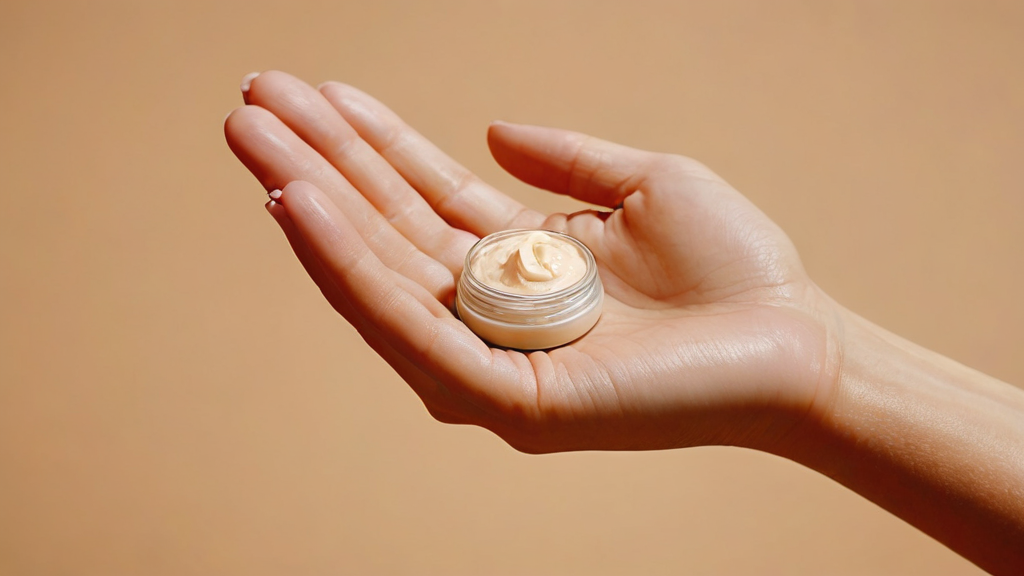Introduction
Surely you have asked yourself on more than one occasion what the difference is between a cream and an ointment. Both products appear similar at first glance, but they have different characteristics and are intended for specific uses. In this article, we will explain in detail the differences between cream and ointment, as well as when it is appropriate to use each one.
Types of Dermal Topical Administration Formulations
It is important to understand that there are different types of formulations for topical cutaneous administration. These formulations are classified into three main groups according to their physical state:
Liquid
Within this group are lotions.
Semisolid
This is where ointments, ointments, creams, among others, come into play.
Solid
This group includes medicinal powders.
Creams Characteristics
Creams are an emulsified mixture of water and oil. Its texture is light and the skin absorbs it quickly. They are soluble in water and are mainly used for cosmetic purposes.
Recommended Uses
The creams are ideal for very inflamed, moist or hairy areas, such as the armpits and groin. They are also recommended in cases of dry skin or chronic dermatosis.
Characteristics of the Ointments
Ointments, on the other hand, are more solid than creams. Specifically, they are a mixture of a fatty substance and other ingredients. They are mainly used as a medicine or cosmetic product.
Recommended Uses
Due to their oily formulation, the ointments are especially suitable for flaky, dry and cracked skin. They are also a good option for skin that has been exposed to external sensitizing and irritating factors.
Main Differences between Cream and Ointment
The differences between cream and ointment cover aspects such as absorption, consistency, appearance and application. For example, creams have better absorption rates than ointments, while the latter have a thicker consistency due to their high oil content.
When to Use Cream and Ointment
It is crucial to know when to use a cream and when to use an ointment to ensure its effectiveness. For example, creams are recommended for oily skin, while ointments are ideal for treating dry or flaky skin conditions, such as psoriasis.
